10 German words known and used worldwide
German: not such a foreign language after all.
As everyone is aware of, German is not an easy language to learn. Whoever wishes to embark on such an adventure faces a complex grammar, three different genres of gender (masculine, feminine and neutral), along with lengthy words and unfamiliar sounds. To facilitate the learning the process it might be useful to remember that in all the world there are words that have German origins and that belong to everyday language. Examples include Müsli, Strudel, Kitsch, Bunker or Realpolitik. The teutonic influence can be found in the food sector as much as in the cultural, military or political setting.
Let’s look in detail at some of the most common and widespread German words and their usage in the world.
Hinterland
Literally, “the land behind”, it is a word used in english, french, spanish and italian. By Hinterland it is meant the circumscribing territory of a big city, or more broadly a space situated inland from a coast, and it reflects the economic, social and cultural particularities of the place. In Italy, for example, we talk about the milanese hinterland.
Schadenfreude
A word commonly employed in english to express joy or satisfaction for other’s misfortunes. In italian the literal translation would be “malignous joy”.
Kindergarten
Literally the “children’s garden”, it is a word common to english language when referring to nursery school.
Zeitgeist
Zeitgest, or the spirit of time, is a term known worldwide. The expression derives from the field of philosophy to indicate the intellectual, cultural and moral characteristics of a certain time.
Wanderlust
Literally, “itchy feet” it is a word common to english to express the desire to travel.
Leitmotiv
Familiar to languages across the world, leitmotiv, literally to “lead a motive”, indicates a dominant theme or aspect of a work of literature and music, as much as a dominant attitude or idea in a person’s life. From the musical field, in everyday language its meaning has expanded to other fields.
Wunderkind
Literally “a child wonder”, it is a word employed in english as well when referring to a child prodigy.
Doppelgänger
Term used in english as well to indicate a counterpart, a lookalike or duplicate of one person.
Spiel
Whereas Spiel means “game” in German, it is used informally in english to refer to a well-prepared speech intended to praise and/or received as lengthy and monotonous.
Delicatessen
Abbreviated to Deli in english, Delicatessen refers to a shop specialized in gastronomic specialties, such as cheese and cold meats. The german word Delikatesse, which refers to a delicacy, in turn derives from the French word délicatesse.
Cover photo: Public domain


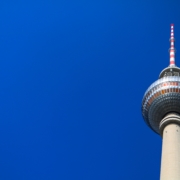
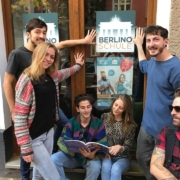
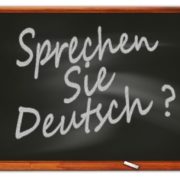
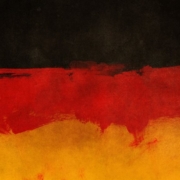
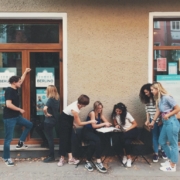




Leave a Reply
Want to join the discussion?Feel free to contribute!